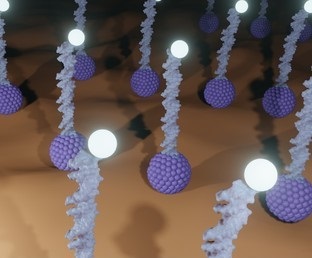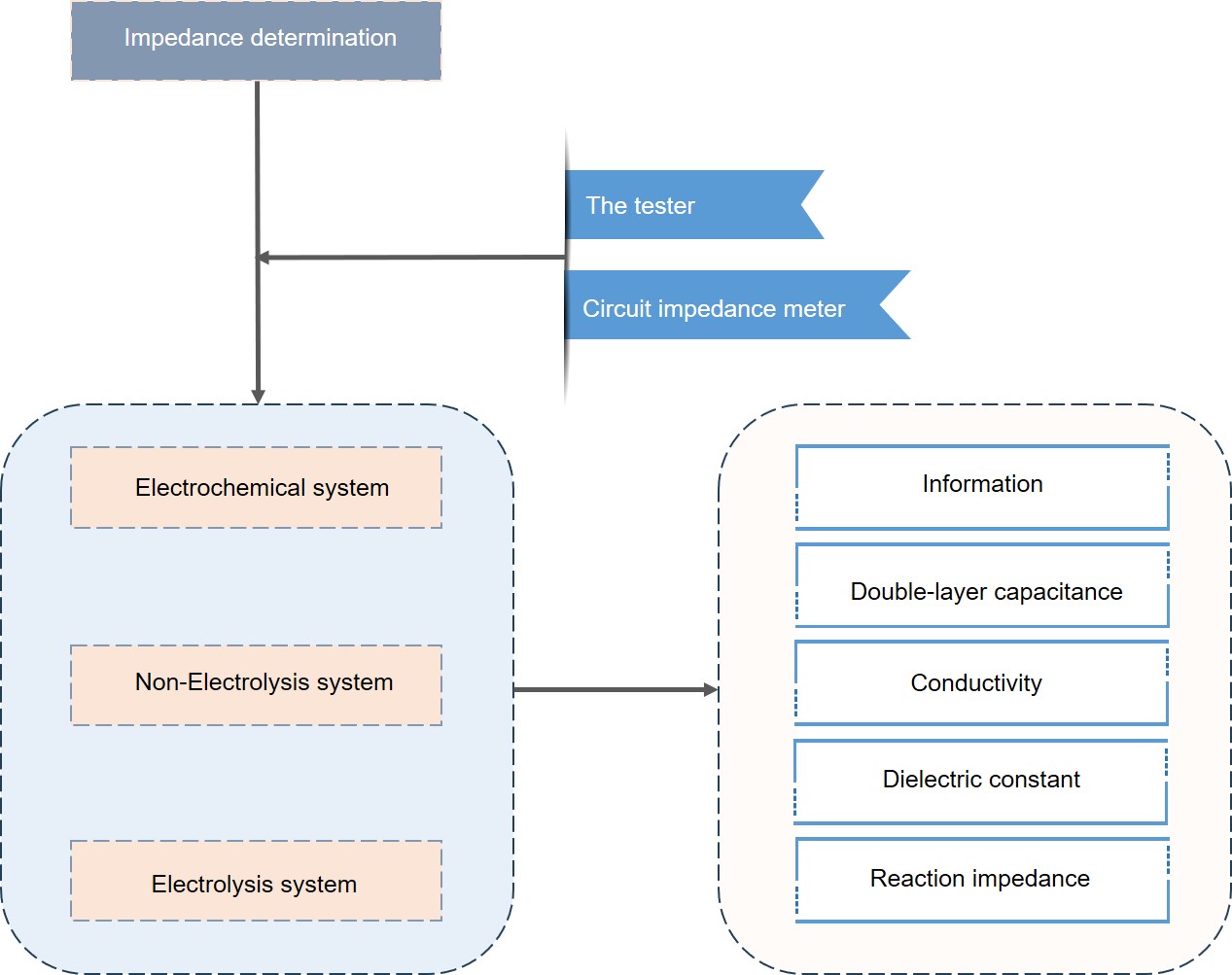Electrochemical immunosensors are self-contained, integrated systems for specific quantitative or semi-quantitative analysis based on antigen-antibody reactions. Antigens and antibodies are molecular recognition elements in direct contact with the electrochemical sensing element, which converts the signal from the concentration of a chemical substance or class of chemicals into a corresponding electrical signal. Lifeasible can provide you with electrochemical immunosensing systems for detecting plant pathogens, which allow the conversion of biological signals into electrical signals for easy detection and processing. It is fast, accurate, sensitive, and independent of the color and turbidity of the sample, which avoids the disadvantages of radioactive contamination and is non-toxic.

Enzyme-labeled antibodies bind specifically to antigens or antibodies adsorbed on a solid-phase carrier. Upon dropwise addition of the substrate solution, the substrate may change the hydrogen donor it contains from a colorless reduced form to a colored oxidized form under the action of the enzyme, resulting in a color reaction. Therefore, the color reaction of the substrate can be used to determine the presence or absence of a corresponding immune response. We offer you the electrochemical enzyme-linked immunoassay (ECEIA), which combines an enzyme immunoassay with an electrochemical assay and allows for the detection of plant pathogens with increased sensitivity and selectivity.
We adopt a label-free format using self-assembled monolayers (SAMs) as an immobilization method to obtain an ordered monomolecular layer on the electrode surface and to obtain a better efficiency of antibody-antigen interactions.
 Figure 1. Impedance measurement of electrochemical systems.
Figure 1. Impedance measurement of electrochemical systems.
In addition to the above, Lifeasible offers customized services; please feel free to contact us for information.
Please feel free to contact us for more infor